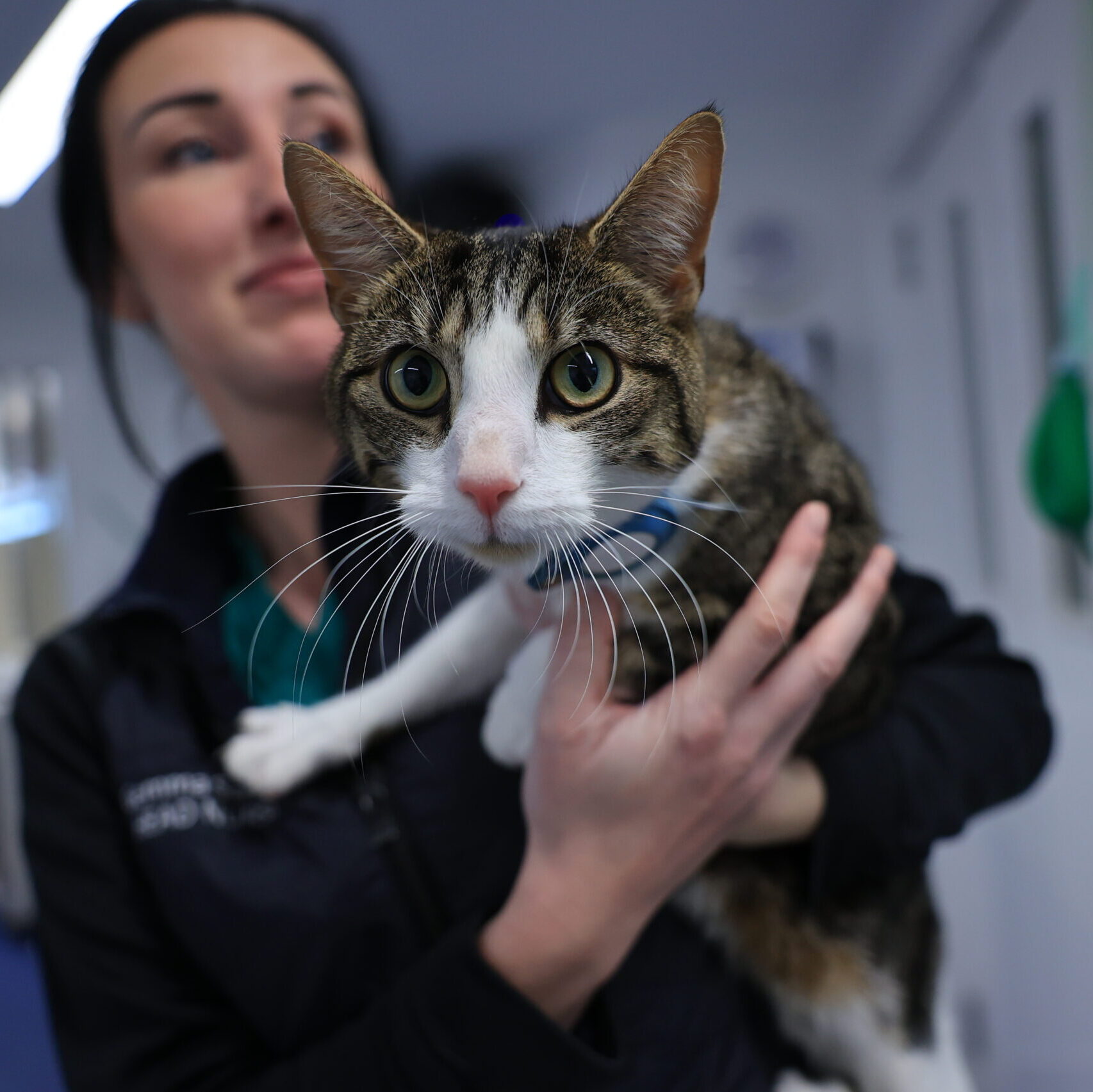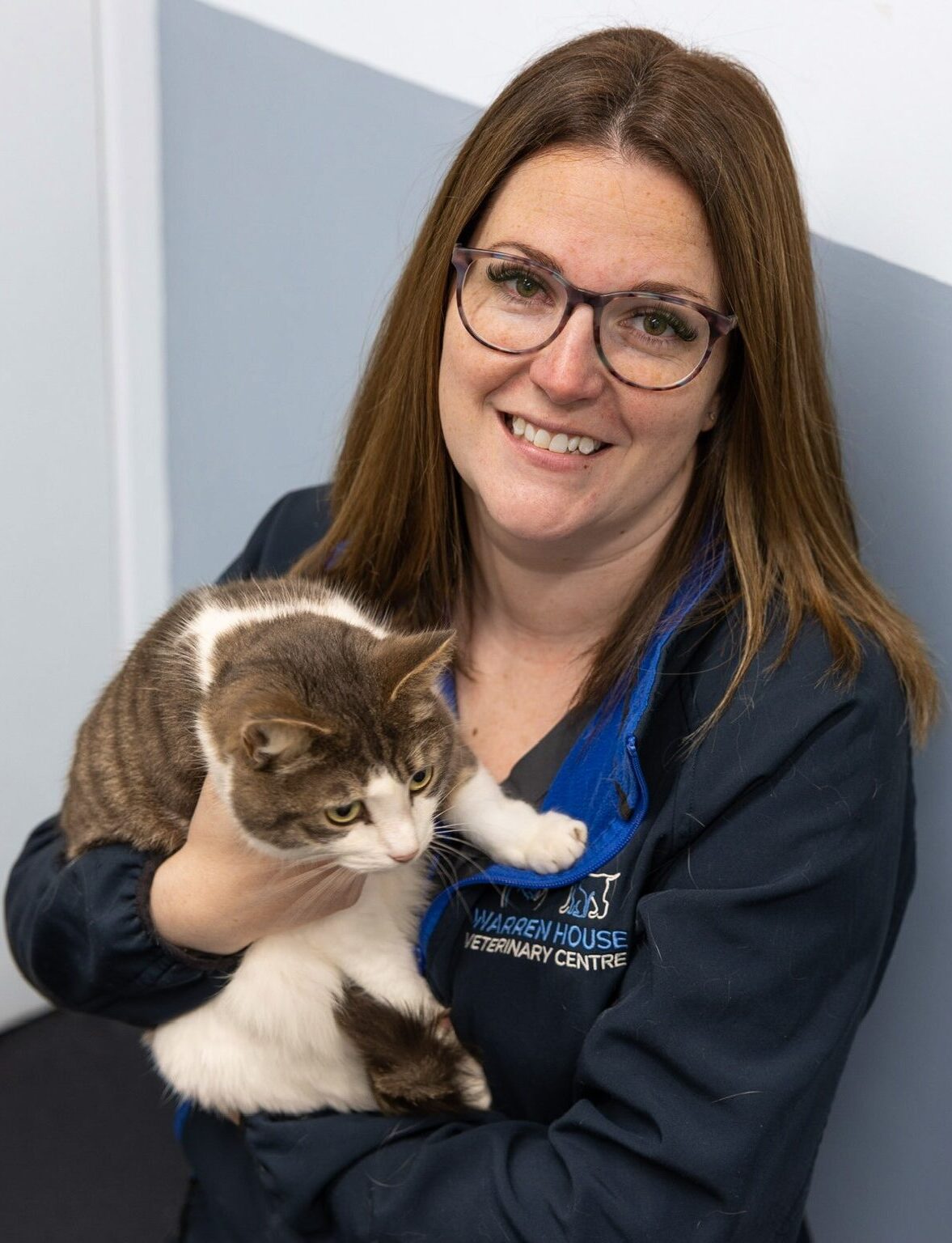What Is Neutering?
Neutering in male cats is known as castration.
Neutering in female cats is known as spaying.
Neutering is done to prevent unwanted pregnancies, prevent cancers of reproductive organs, and in some cases help with difficult behaviours (although that is not guaranteed).
What Are The Benefits Of Neutering Your Cat?
OVERALL
Neutered cats have fewer medical problems, live longer on average, don’t add to the pet overpopulation problem, and make more loving and rewarding pets.
MALE
FEMALE
When Should I Neuter My Cat?
It is recommended that cats are neutered at around four months of age, before they reach puberty and after they have completed their primary vaccination course.
Worried about bringing your cat to the practice? Don’t worry we have a range of facilities to ensure your cat’s visit is less stressful.
VACCINATIONSFACILITIESWhat Is The Difference In Procedures?
CASTRATION
Castration is the surgical removal of the testicles and is commonly referred to as “neutering”. Performed as a minor surgical operation under general anaesthetic.
SPAYING
Spaying or “neutering” is the surgical removal of both the ovaries and uterus of a female cat. Performed as a routine surgical operation under general anaesthesia.
Book A Consultation To Discuss
Post Operative Care & Recovery
There are several things you can do to speed up the recovery process.
REST
After the surgery, your cat may still be a bit wobbly from the anaesthesia if you pick them up the same day.
They may be uncoordinated for the first few hours and appear “drunk.” Keep them safe in a small room and keep a close eye on them.
No stairs and no jumping!
MONITOR
Monitor the incision site.
To prevent licking and/or chewing at her incision site, it will be necessary to place a buster collar until the wound is healed. These are available from us at no extra cost.
Medical pet shirts are also available if this is preferred at an added cost.
WATCH
A little bit of blood may seep through the stitches. If it is just a few drops, keep an eye on it and make sure the bleeding stops within a minute or two.
If there is blood oozing out of the incision site that will not clot, come and see us immediately. They may have a bleeding disorder.
PREVENT
Opened stitches should be treated with urgency.
Some cats may need to go under again to get the area stitched back up. Keep a close eye on your cat for the first few days and keep them quiet; a crate can be helpful.
FAQ’S
Not Registered? Join us, it will only take a minute
Don’t worry, we are still registering new clients and would love to have you and your beautiful cats on board.
REGISTER


